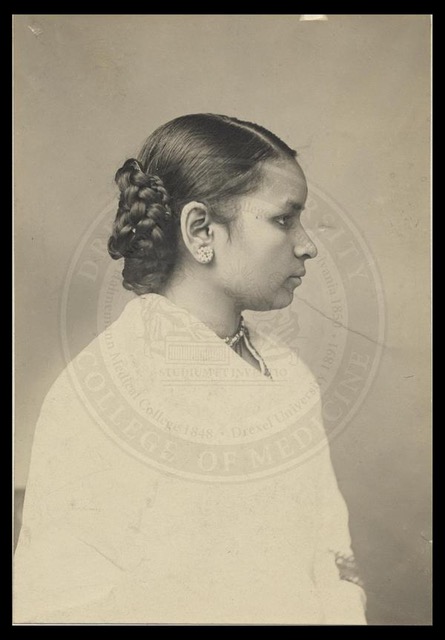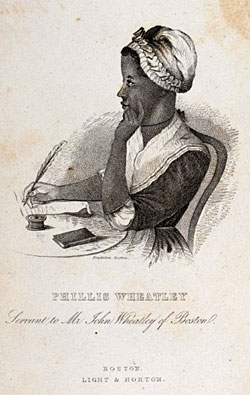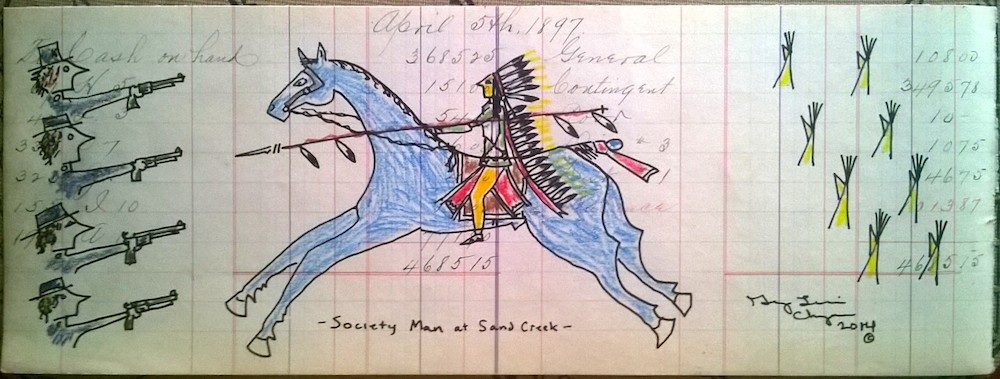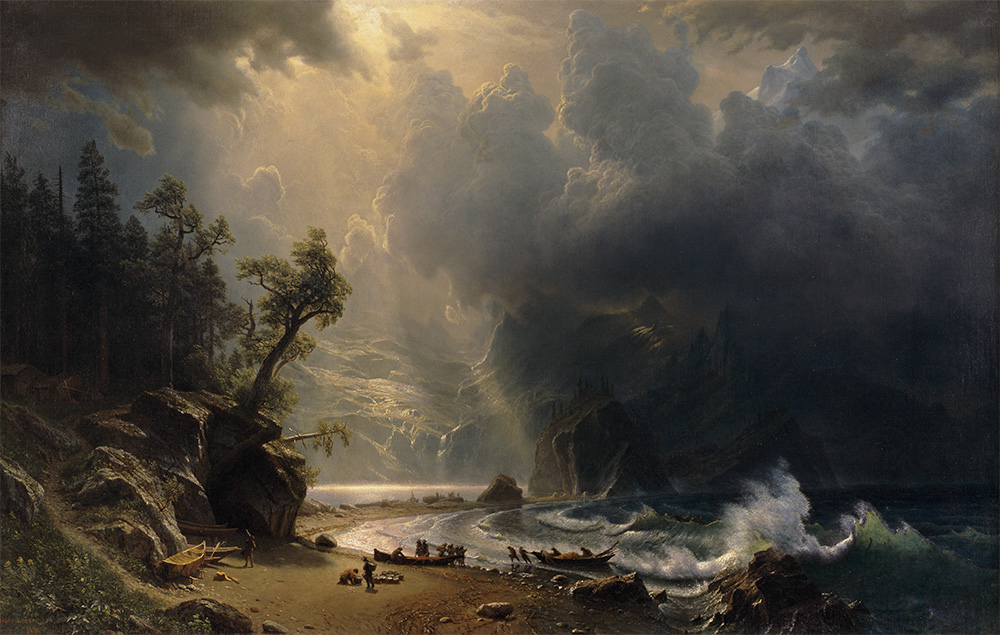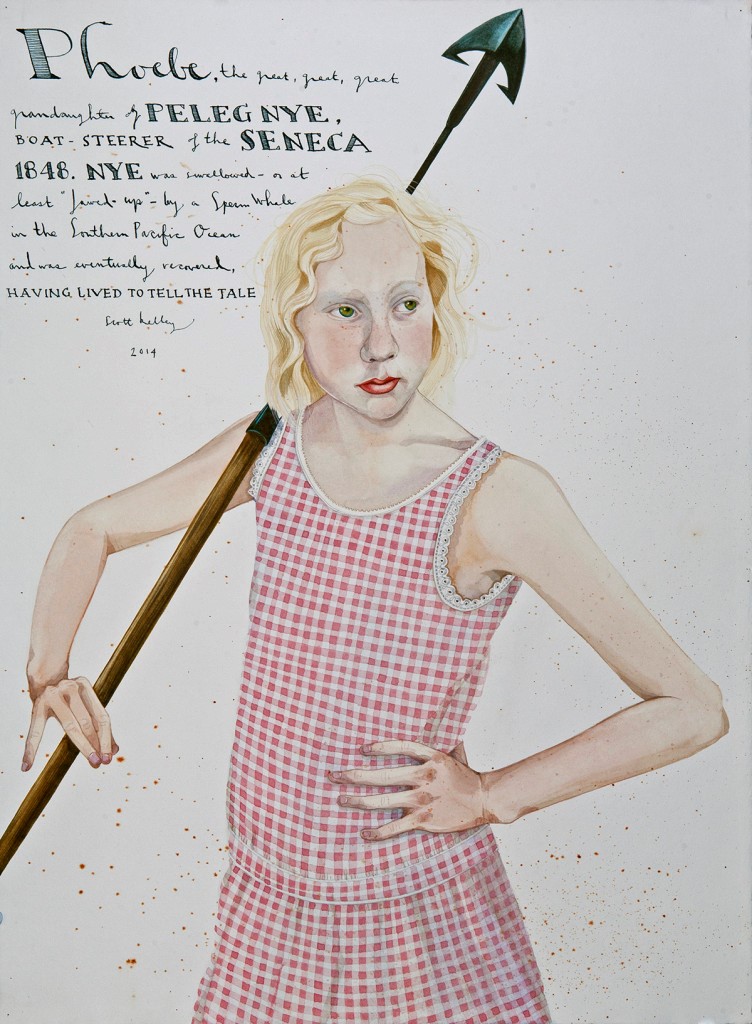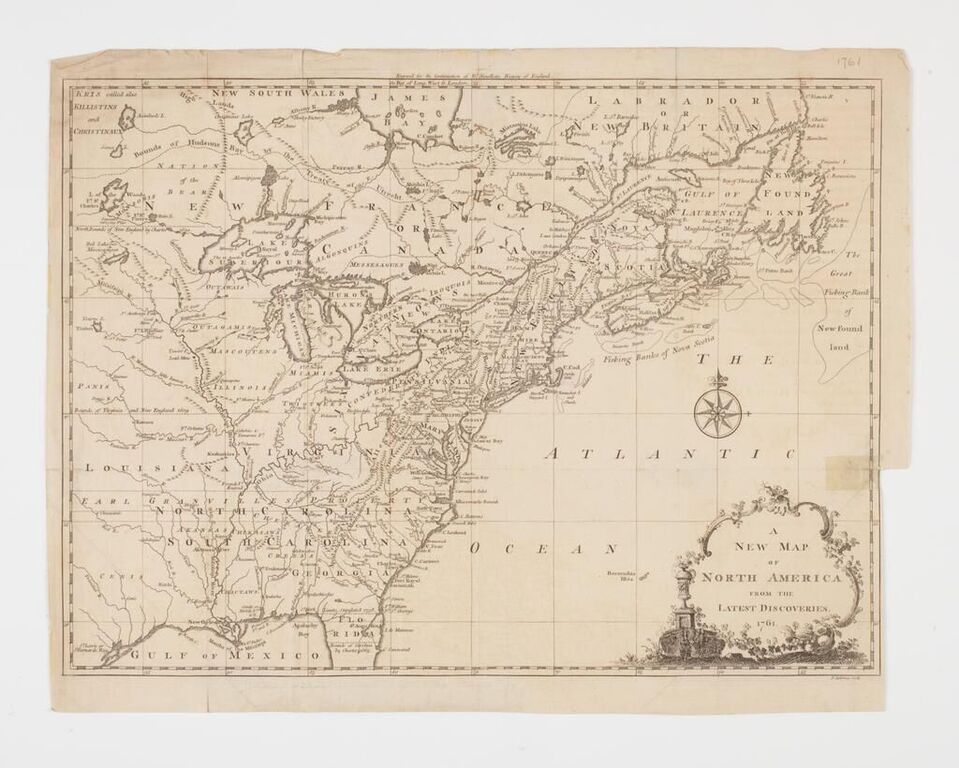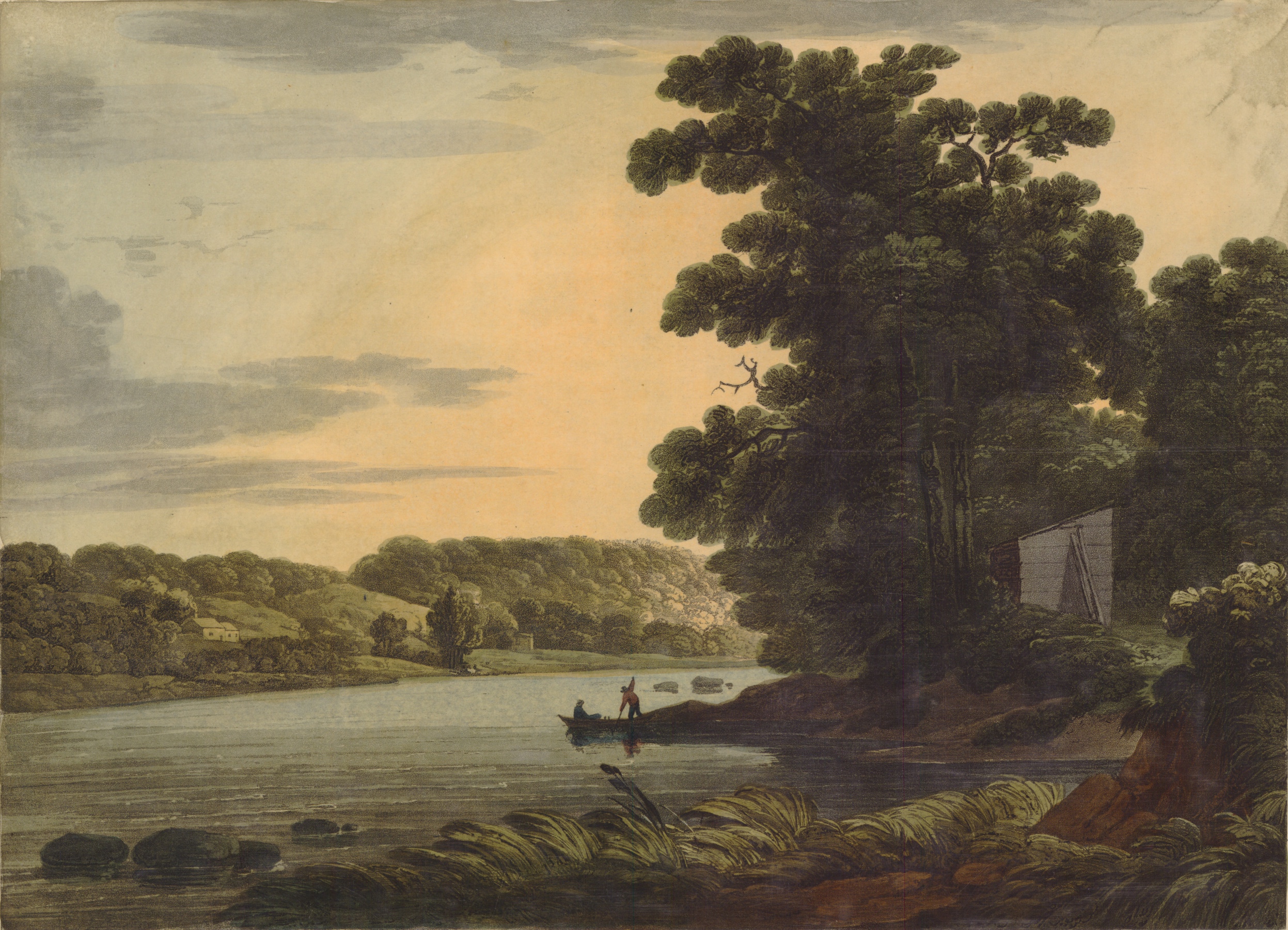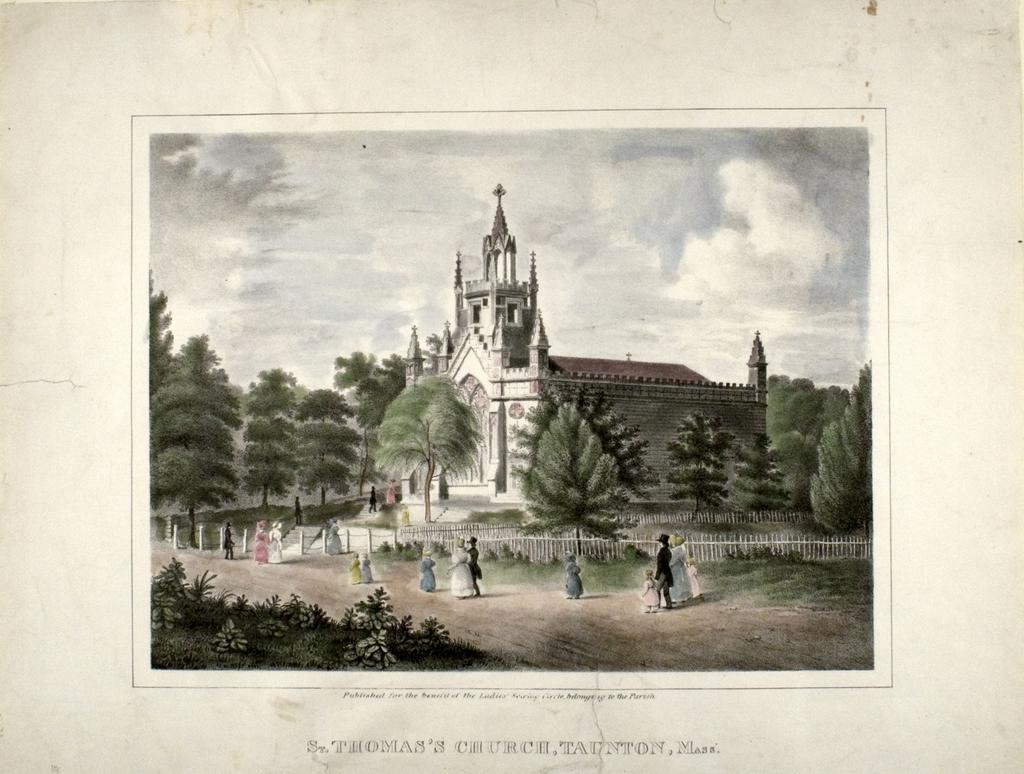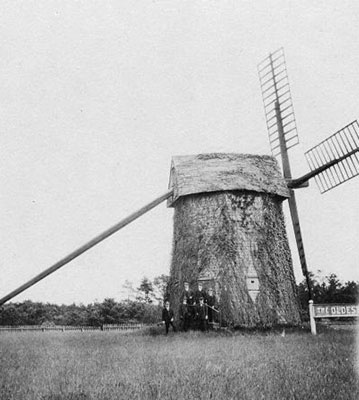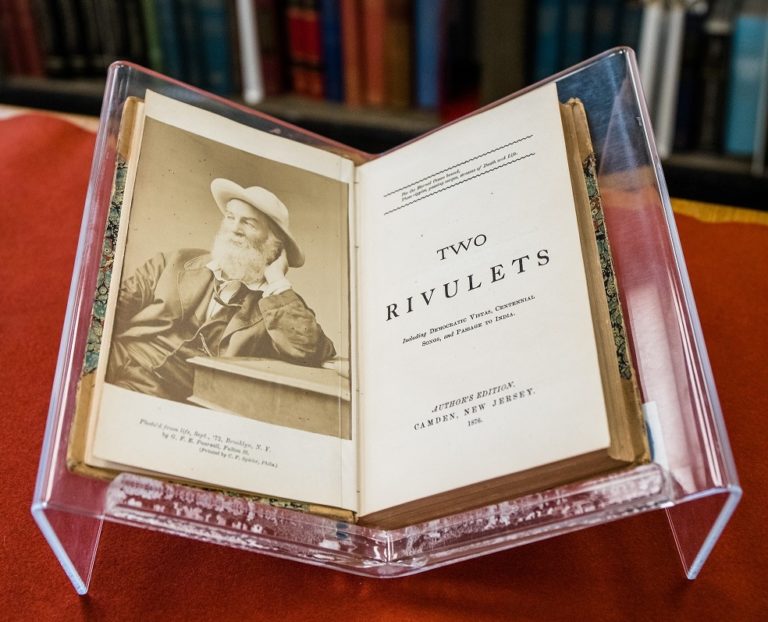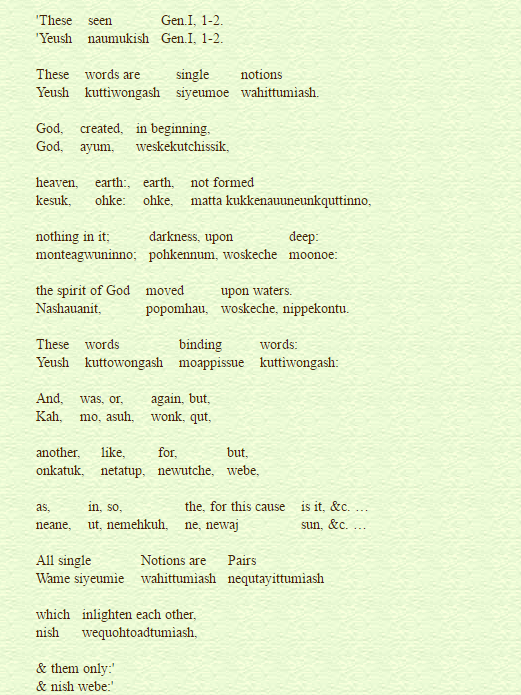Three poems
In God’s Altar: The Word and Flesh in Puritan Poetry (Berkeley, 1978), the literary critic Richard Daly writes that, for the earliest New England colonists, “symbolic correspondences occur . . . at the level of perception.” I am interested in the way language, perception, and existence are central to the difficult lives of these American Puritans. My poems explore this phenomenon as the source of distinctly American expression.
They work specifically with the requirement for publicly delivered conversion narratives, sometimes called professions of saving grace, that were a prerequisite for full church membership in the seventeenth-century Massachusetts Bay Colony. [Examples of these narratives can be seen in God’s Plot: Puritan Spirituality in Thomas Shepard’s Cambridge (Amherst, 1994), edited by the historian Michael McGiffert.]
My poem “The 88 Hearts of Wm. Adams” is written around an early conversion narrative I transcribed from the Massachusetts Historical Society archives. The title of the poem is derived from the overwhelming number of times Adams mentions a motion of his heart in the course of his twelve-page narrative.
“Visible” takes its title from Edmund S. Morgan’s classic study Visible Saints: The History of a Puritan Idea (Ithaca, 1965) and the saints’ central dilemma of making oneself an outward, visible sign of an inner, unknowable, and unconditional election to grace. The tortuous tautology of “I must show what cannot be shown” yields much difficult beauty in Puritan expression and, I believe, continues to resonate in American poetry. “Visible” suggests that this beauty exists only where those inner truths and outer impossibilities collide: on the skin, in the eyes, in breath.
Brought into the Puritan fold by the missionary work of John Eliot and joined to their own congregations by full professions of saving grace, the “Praying Indians” of the Massachusetts Bay Colony faced the deep contradictions of visibility during King Philip’s War. They found themselves exiled to Deer Isle in Boston Harbor for the duration of the war where many starved to death. “A Bold Plea for the Easement of Suffering of these Professed and Reading Red Saints” is a voicing of the pleas, not only by the minister Eliot on behalf of fellow Christians, but also by a literary man for the protection of his best linguists and translators—the Christianized Indians.
The poems presented here explore an array of formal structures and expressive modes; I choose this strategy in allegiance with those colonists—be they antinomians, shy public performers, or native Algonquian speakers—who struggled against the predetermined and mediated structure of a required profession to communicate their experience of God’s saving grace. These poems pay tribute to those who faced the impossible task the Puritans required of themselves above and beyond mere physical survival: describing in words what they insisted was beyond language, what they insisted was the nigh-perceivable evidence of their relationship to God.
The 88 Hearts of Wm. Adams
d. 1659, Ipswich
Hollowed by shadow or shone forth
By sometimes more
Than ordinary stirrings
Against the awful ways
Occasion offers, I will tell you
The incision in my chest,
Let the mouth confess up
What the heart congests:
Pull aside my shirt, my
Addiction is stitched, stripped
Of circumstance, stripped of habit,
Confined to four chambers & their flagellation.
Pour black powder below
The smooth balls of shot
Set in each chamber.
Make fire by focusing, take flight
In the off-beat between
Each flutter—such like thoughts
Do much take me up—
It’s said this almost endless
Muscle is our weapon, in & out
It goes without meaning or sense
Being lost—limited
Only by half-life in a body
That diverts blood away
From less important humors
To keep an extra beat
From tripping the flintlock.
Armed, quitting earth
For the church turret I saw a bird
Change energy at higher elevations &
Clear out the thunderclouds
Like a topsail to loose itself
In the sky—my dull lusts
Let go as a fistful of dead petals
Flew round my feet & the war
Of good discord went off
In my chest. I fell with fatigue
Of breathing in thankfulness
For this new frame.
Limping home,
The storm seemed to go over.
I slacked my pace
& was overwhelmed in rain.
Will I falter like faith or
Will I falter like fear?
Things fall
From the sky we see
With our eyes. This spring
A swan did move easy
In the river’s shifting ice-splinters
As my flint failed, its neck motionless
As if stitched
To the white heart of a bird
Not beating her wings
& not falling.
Visible
waterproof with metaphor more than encasing
heaven
eyes make
every move, each window, wet lightning hits
the lights out, all us at last see each other only
like
souls again
walking this hard, electrified land in sight
not deeper than skin thin shallows
poured upon like milk muddied upward
toward out in the air between us,
groaning bones to cleave to
as tongues
to significance,
to hot, to (I am my map of) when the church
burned down some got charred,
repainted the hall and parlor for appearance,
for appearance degenerates into personality,
personality a vain plaything—
it’s encased intention attached
to the small safety of saying attacked
to the danger of appearing over and over
every day
you might lovingly release the touch you’ve taken
too extremely to such
outsides disappear
into ideas, a whole body fed by eyes only
feel beauty then
to be misleading
A Bold Plea for the Easement of Suffering of these Confessed and Reading Red Saints
Rev. John Eliot
King Philip’s War
Massachusetts, 1675
The sermon of the day is: physicians, books, the lost tribe of knowledge is forecast to unmanifest its fatal arrows: operate in this drastic forest of articulate sounds, please send bread and fish: starving guttural sounds aspirate at back the throat (where we shy from letting our own thoughts go even so deep: the way we think Devil where Oak and Fir cloak their universal sense and church, their not having words and we have nothing to carry them outside our own tongues: For he that speaketh in an unkown tongue speaketh not unto man, but unto God). Sirs, four hundred saved red souls starve on Deer Isle, selecting stones, as other sermons run to prophecies and fort defense: daily we drown in discovering loose heads strewn on the highway, as in the Bible: we must translate this universal nourishment to all tongues: every instrument set to work does press for pay, and in this desert the sermon of the day prays the biggest boats closer, waves the marked arm rising off Death Isle, says bring budgets and bring butter and that best Word: the least generous omniscience of our own utter limit unto death (or coming into sight) of those yet tasting what charity and what, already, we are capable of having done. What? came the word of God out from you? or did it come to you only? The press needs also twelve pounds each of fresh k’s and l ’s to conform this ancient Hebraic language to the rules of our alphabet.
This article originally appeared in issue 5.3 (April, 2005).
Robert Strong is a poet and independent scholar living north of the Adirondack Park. His manuscript Puritan Spectacle, from which this work is drawn, was selected as a finalist for the Beatrice Hawley Award from Alice James Books and the Wick Prize from Kent State University Press. He completed this collection of poems with the generous help of a Mellon short-term research fellowship at the Massachusetts Historical Society. He is currently preparing a scholarly introduction and contextualization of William Adams’s conversion narrative.






